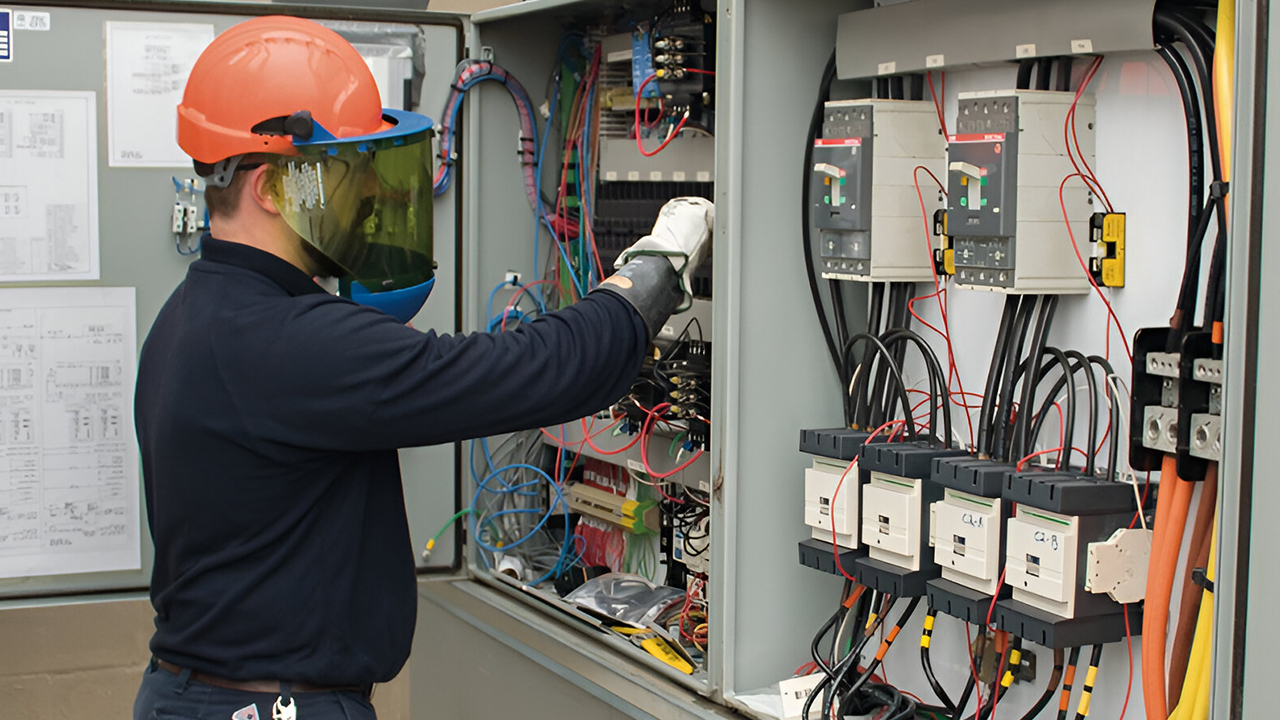Electricity powers our homes, making our lives more convenient and comfortable. However, it also poses various risks if not managed properly. To ensure the safety of your family and protect your property from electrical hazards, it’s essential to follow electrical safety best practices. In this blog, we’ll discuss essential electrical safety tips for homeowners to minimize the risk of accidents and injuries.
- Avoid Overloading Circuits: Overloading electrical circuits is a common cause of electrical fires. Distribute your electrical appliances and devices across different outlets to prevent overloading any single circuit. If you frequently experience tripped circuit breakers or blown fuses, it’s a sign that you’re overloading the circuit and need to redistribute the load.
- Inspect Electrical Cords and Outlets: Regularly inspect electrical cords and outlets for signs of wear or damage, such as frayed wires, exposed conductors, or loose connections. Damaged cords and outlets pose a significant safety risk and should be replaced immediately. Avoid using extension cords as a permanent solution and ensure all cords are properly rated for the intended use.
- Use Ground Fault Circuit Interrupters (GFCIs): Install GFCIs in areas where water is present, such as kitchens, bathrooms, and outdoor outlets. GFCIs detect imbalances in electrical currents and quickly cut off power to prevent electric shock. Test GFCIs regularly to ensure they are functioning correctly and provide adequate protection.
- Avoid DIY Electrical Work: While it may be tempting to tackle electrical repairs or installations yourself, it’s essential to leave such tasks to qualified professionals. DIY electrical work can lead to serious injuries, fires, or even fatalities if not done correctly. Always hire a licensed electrician for any electrical work in your home, whether it’s installing new outlets, upgrading wiring, or troubleshooting electrical issues.
- Be Mindful of Electrical Appliances: Exercise caution when using electrical appliances, especially those with heating elements like hairdryers, irons, and space heaters. Avoid using damaged or malfunctioning appliances, and never operate them near water sources. Unplug appliances when not in use, and never overload power strips or outlets with multiple devices.
- Educate Your Family: Teach your family members, especially children, about electrical safety and the potential dangers of electricity. Establish and enforce safety rules, such as never inserting objects into electrical outlets, and explain the importance of following them. By instilling a culture of electrical safety in your household, you can reduce the risk of accidents and injuries.
Conclusion: Electrical safety is paramount in any home, and following these tips can help minimize the risk of electrical hazards. By avoiding overloading circuits, inspecting electrical cords and outlets, using GFCIs, avoiding DIY electrical work, being mindful of electrical appliances, and educating your family, you can create a safer environment for everyone. Prioritize electrical safety in your home to protect your loved ones and enjoy peace of mind knowing you’ve taken steps to prevent accidents and injuries.

